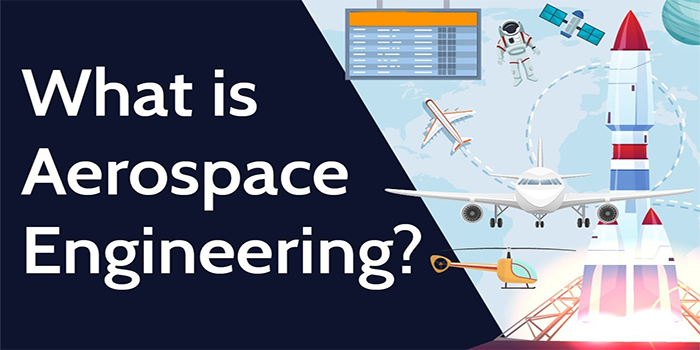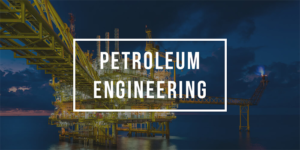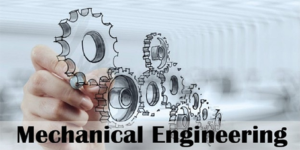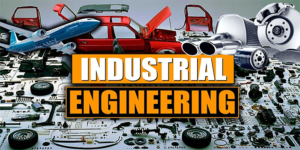
Aerospace engineering is the branch of engineering that deals with the design, development, construction, testing and maintenance of aircraft, spacecraft, satellites, and missiles. Aerospace engineers also develop other propulsion systems and power sources for aircraft and spacecraft, as well as design and analyze the flight performance of aircraft and spacecraft. They also develop launch and recovery systems for spacecraft, and develop systems for the control and navigation of aircraft and spacecraft.
Aerospace Engineering Training Course
Aerospace engineering is a demanding and complex field that requires extensive training and experience. This training course is designed to provide a comprehensive overview of the fundamentals of aerospace engineering, from the basics of aerodynamics and propulsion to the more advanced topics of aircraft design and space exploration. The course begins with an introduction to the various fields of aerospace engineering, including aerodynamics, propulsion, and material science. Students will learn the basics of aerodynamics, including the principles of lift, drag, and thrust.
They will also learn about the various types of aircraft propulsion systems, such as turbojets, turbofans, and ramjets. The course then moves on to more advanced topics, such as aircraft design and space exploration. Students will learn about the principles of aircraft design, including stability, weight, and aerodynamics. They will also explore the various types of launch vehicles and spacecraft and learn about the design and construction of satellites. Finally, students will learn about the principles of space exploration, including astronautics and robotics.
They will also explore the history and current developments of space exploration, from the early days of space exploration to the modern era. This course is designed for students who have an interest in aerospace engineering and are looking to gain a comprehensive understanding of the subject matter. It is suitable for those who are just starting out in the field or for those who are looking to expand their knowledge.
What do Aerospace Engineers Do?
Aerospace engineers design, develop, test, and maintain aircraft, spacecraft, satellites, and missiles. They also research and develop new technologies in propulsion, avionics, guidance and control, communications, and other technologies related to aerospace systems. They may also specialize in specific areas such as aerodynamics, navigation and guidance, or instrumentation and communication.
Best University of Aerospace Engineering Course in India
1. Indian Institute of Technology (IIT) Bombay
2. Indian Institute of Technology (IIT) Kanpur
3. Indian Institute of Technology (IIT) Madras
4. Indian Institute of Technology (IIT) Delhi
5. Indian Institute of Technology (IIT) Kharagpur
6. Indian Institute of Space Science and Technology (IIST) Thiruvananthapuram
7. Indian Institute of Technology (IIT) Hyderabad
8. National Institute of Technology (NIT) Warangal
9. Indian Institute of Technology (IIT) Roorkee
10. Indian Institute of Technology (IIT) Guwahati
What Study for Aerospace Engineering Course
A typical Aerospace Engineering course will cover topics such as aerodynamics, propulsion, structural dynamics, flight mechanics, aircraft systems, aircraft design, and avionics. Additionally, courses may include topics related to alternative energy sources, materials engineering, and project management.
What is the Scope for Aerospace Engineering Course
The scope of aerospace engineering is wide and varied. Aerospace engineers can work in many different areas, including design, production, testing, operation, and maintenance. They are involved in the development of aircraft, spacecraft, missiles, rockets, satellites, and other related systems. Aerospace engineers also work on the design and development of aircraft engines, fuel systems, navigation, communication, and instrumentation systems. Additionally, they are responsible for the development of unmanned aerial vehicles, air traffic control systems, and flight simulators. Aerospace engineers may also specialize in areas such as aerodynamics, thermodynamics, propulsion, materials, and structures.






